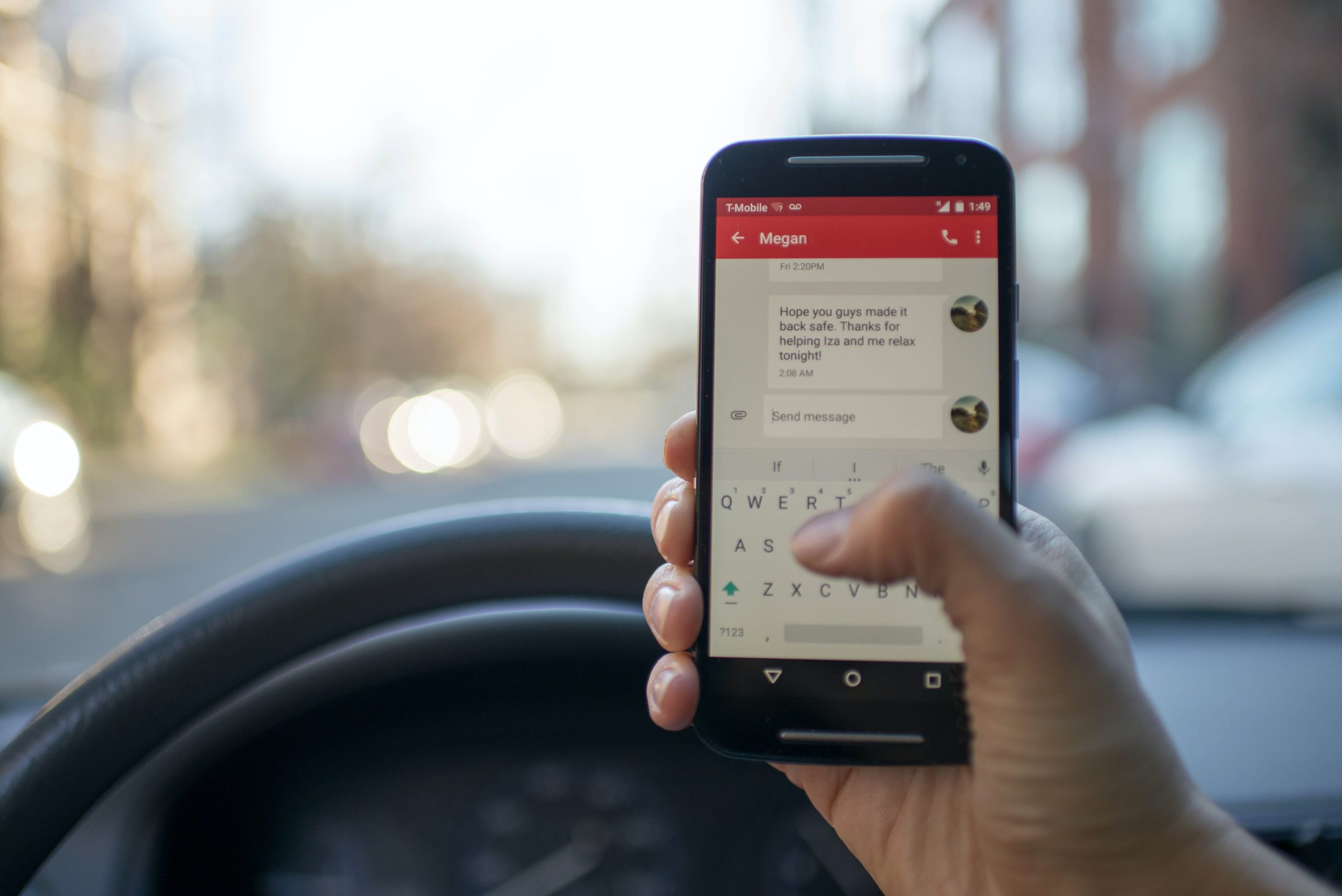With the increasing use of digital communication, privacy and security have become more pressing concerns. Facebook Messenger, one of the most widely used messaging platforms, offers a range of features from text messaging to file sharing. However, a common question many users ask is whether someone can see if you take a screenshot of your conversation with them.
Simply put, Facebook Messenger does not notify users when someone takes a screenshot of regular messages. Whether it’s a chat, a shared image, or even a voice clip, the person on the other end of the conversation won’t receive any kind of alert or notification.
Regular Conversations
In regular, non-encrypted Messenger chats, users can screenshot anything without the other party knowing. This includes:
- Text messages
- Photos and videos
- Shared locations or links
- Voice messages
In contrast to apps like Snapchat, which alert users when a screenshot is taken, Facebook Messenger does not have such a feature in standard conversations. This means it’s up to the individual’s discretion whether they choose to screenshot or not.
Secret Conversations and End-to-End Encryption
Facebook Messenger does offer a more private messaging option called Secret Conversations. These are end-to-end encrypted, meaning only the sender and receiver can read the messages. This feature is designed for more private communication.
Interestingly, as of recent updates, Facebook has started rolling out screenshot detection alerts in Secret Conversations. If someone takes a screenshot of a message within this mode, Messenger will notify the other user about the action.
This feature was implemented to enhance user privacy and discourage unwanted sharing of sensitive content. However, this only applies to messages that are part of Secret Conversations — not the regular chats.

Why Facebook Might Introduce Screenshot Alerts More Broadly
With rising concerns over digital privacy and the misuse of personal information, platforms like Facebook are under pressure to do more. Introducing screenshot alerts across the entire Messenger experience might be the next step for enhancing transparency.
Until then, users should be cautious about the information they share and remember that anyone can easily capture content without notification in normal messages.
How to Tell If a Conversation Is a Secret Conversation
To identify if you’re in a Secret Conversation, look out for the following:
- The chat bubble is black instead of blue
- A padlock icon appears next to the contact’s name
- Messages display expiration times (if set)
If these indicators are not present, you are likely in a standard Messenger chat where screenshot alerts are not active.
Best Practices for Protecting Your Privacy
Here are a few tips to help you safeguard your digital communications:
- Use Secret Conversations for discussions involving sensitive information
- Set message expiration times so content disappears after a set period
- Avoid sharing personal data like passwords or financial details over any messaging app
- Double-check privacy settings regularly
Conclusion
While Facebook Messenger has enhanced its privacy features with the introduction of Secret Conversations and screenshot alerts therein, standard chats still don’t notify users of screenshots. As a result, it’s important for users to act responsibly and be aware of what they share online.
FAQ
- Q: Can someone see if I take a screenshot on Facebook Messenger?
A: No, not in regular chats. They will not receive a notification unless the chat is in Secret Conversation mode. - Q: What alerts do users get in Secret Conversations?
A: If a user takes a screenshot, the other participant is notified. - Q: How can I start a Secret Conversation?
A: Open the Messenger app, tap the contact’s name, and choose “Go to Secret Conversation.” - Q: Are voice and video calls also included in Secret Conversations?
A: No, Secret Conversations only support text messages and media sharing, not voice or video calls.
I’m Sophia, a front-end developer with a passion for JavaScript frameworks. I enjoy sharing tips and tricks for modern web development.
